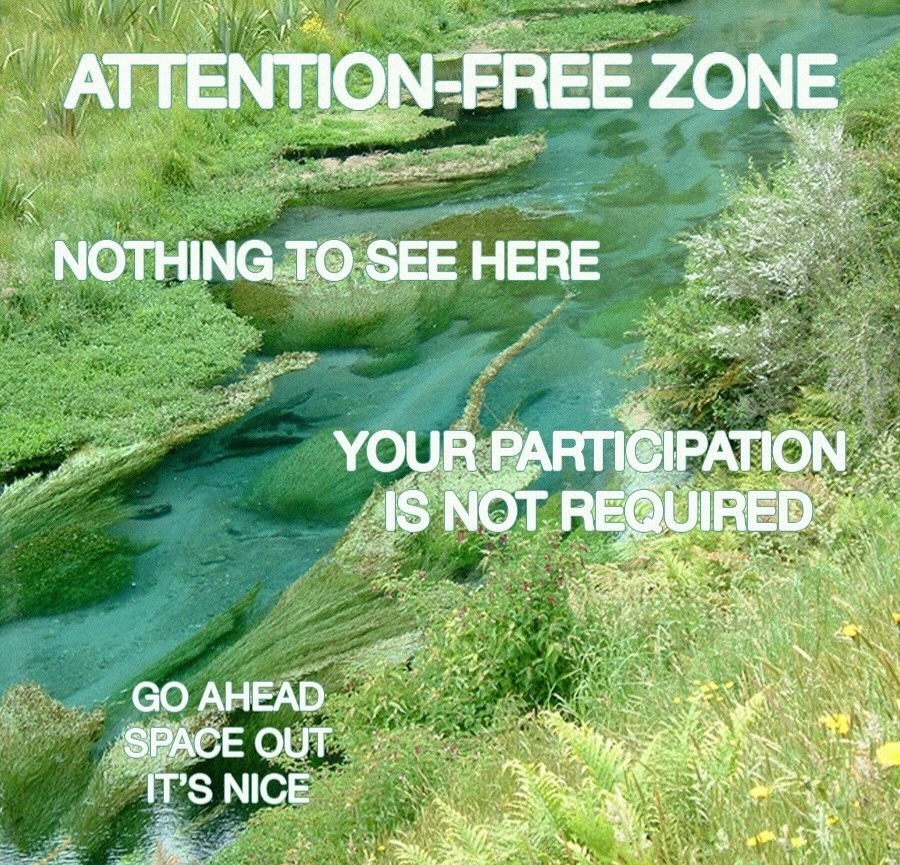Project management, Agile Projection, empowerment, budget proposals, incremental progress, effective team collaboration, stakeholders, meetings…SCRUM? What is this? Am I back in the Air Force drinking the buzzword stew? Yes and no. This week’s readings made my eyes glaze over, not because they weren’t helpful, but because they were and they reminded me of a not so distant past where I had to manage (small) projects of my own. As much as the Edin Tabak article made good plain sense (especially in the context of Digital Humanities) I found it to be a difficult read. I think when it comes to managing a project this sort of article is best coupled with being a junior partner on an actual project. Without real world context it can be insufferable to slog through. Especially with sentences like this: “this will enable a progressive and incremental cycle of creative uncertainties and their provisional closures, presented through the modular deliverables” (Tabak, para 26).
This is why I was thankful that our in-class exercise of playing with the PM website BaseCamp. Our group made quick work of plugging in all the info for our “project” for NEH funding. The context of the in-class activities helped solidify some of the ideas in Tabak’s article.
But I also felt like I was being sold something. Promises of the most efficient way to manage my project sounds so innocuous, possibly even a positive good, but I still felt like my attention was the product. Or if I’m not being sold something I feel like I was the one being managed. Maybe, contrarian that I am, I do not want to do what I do faster, perhaps the “sitting” with the research questions or the sources or the conversation between my colleagues is something that cannot be scheduled or iterated or channeled so forcefully. Reflection cannot be scheduled so simply. Perhaps I need to walk around with my dog about where to go with my project. I recognize I am coming from a place of tremendous privilege; I currently do not have to fight for grant money, I do not have a huge project I am working on, just some ideas that interest me and will haunt me for my life. For instance, my (potential) thesis idea about how the landscape operates on the human person (both in body and soul) and how the reverse is true, that humans operate on the land, the physicality and unity of it (and what it says about us), won’t be contained in a project. It will haunt me forever, this wonderful question about how we interact with and change the land and are changed by it. It has an expression in history, but it can’t be contained in one historical project and therefore it can’t be scheduled or to-do-listed or even put into words perfectly. It defies management. Or maybe it’s just an excuse for me to whine.
In the end I think I will hold this information on Project Management with a light touch. There were great lessons to learn in this module about prioritization and deadline setting, plus the information on Collaboration from the Gabrielle Griffin and Matt Steven Hayler on how creative projects can be better at team efforts. So while I probably will refrain from adopting most of the technical aspects of Project Management into my individual studies I think doing so in a group setting makes sense.
Here are some landscapes I’ve seen recently that I enjoyed —





One reply on “Perfect Naming Convention_BlogPost_use_final”
Hi Jess! I LOVE this post. I am very much on the same page about the readings and your thoughts about being the “thing” that is organized. I think for me, there are spaces where I definitely need structure, perhaps more in Data Management, but I love your point about walking around with your dog to figure out your project or ideas. I think a lot of us have something similar and our guardrails shouldn’t have to get rid of those processes… maybe it requires an individualized approach to management tools?